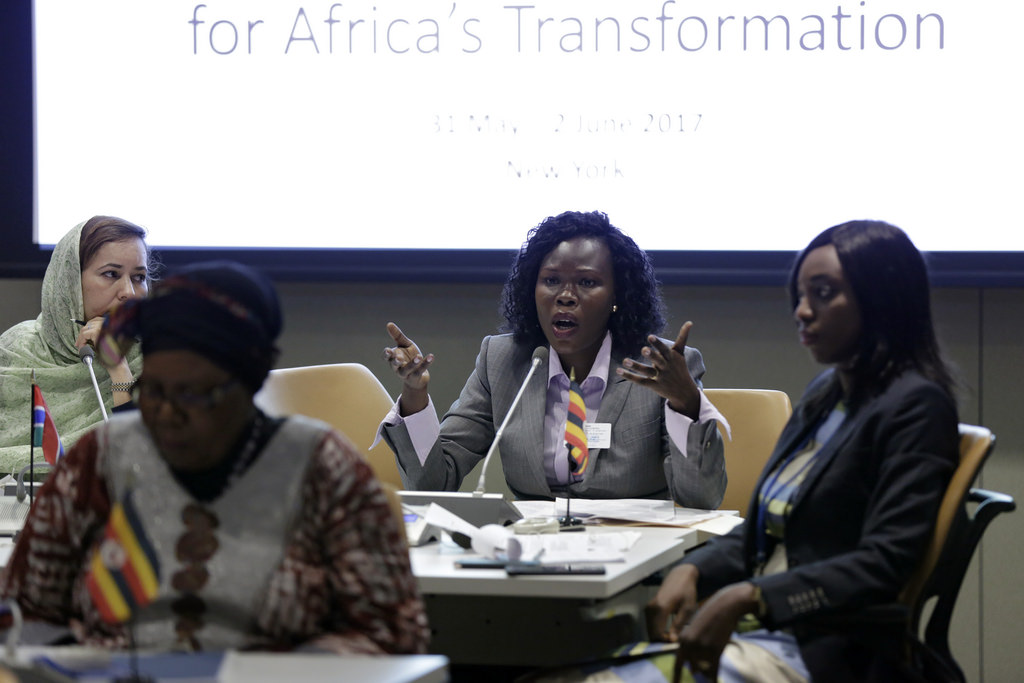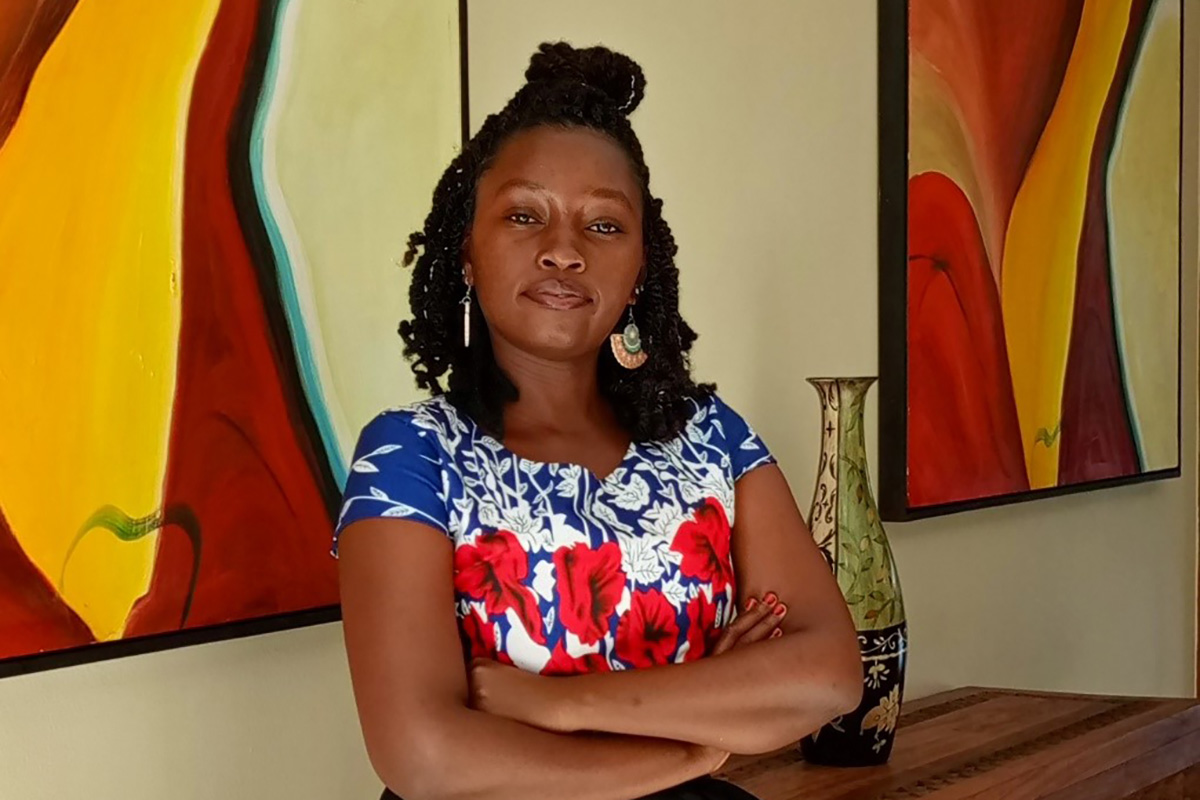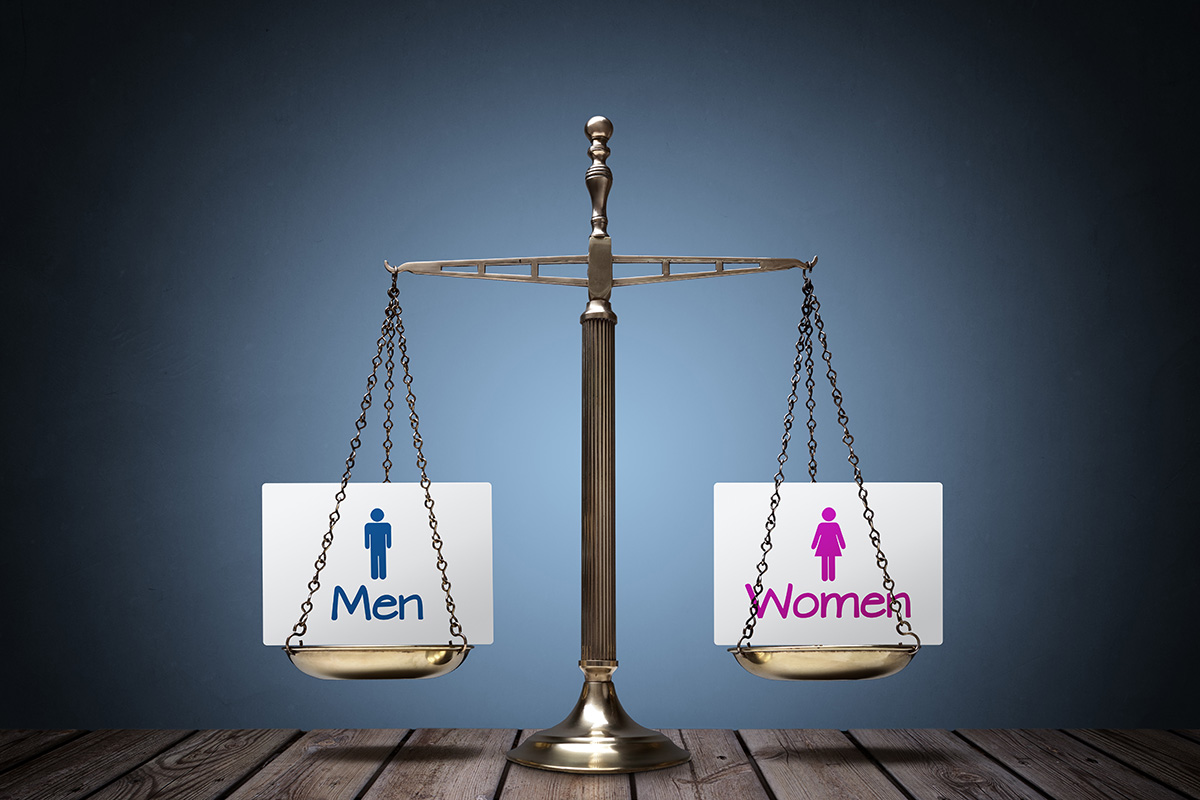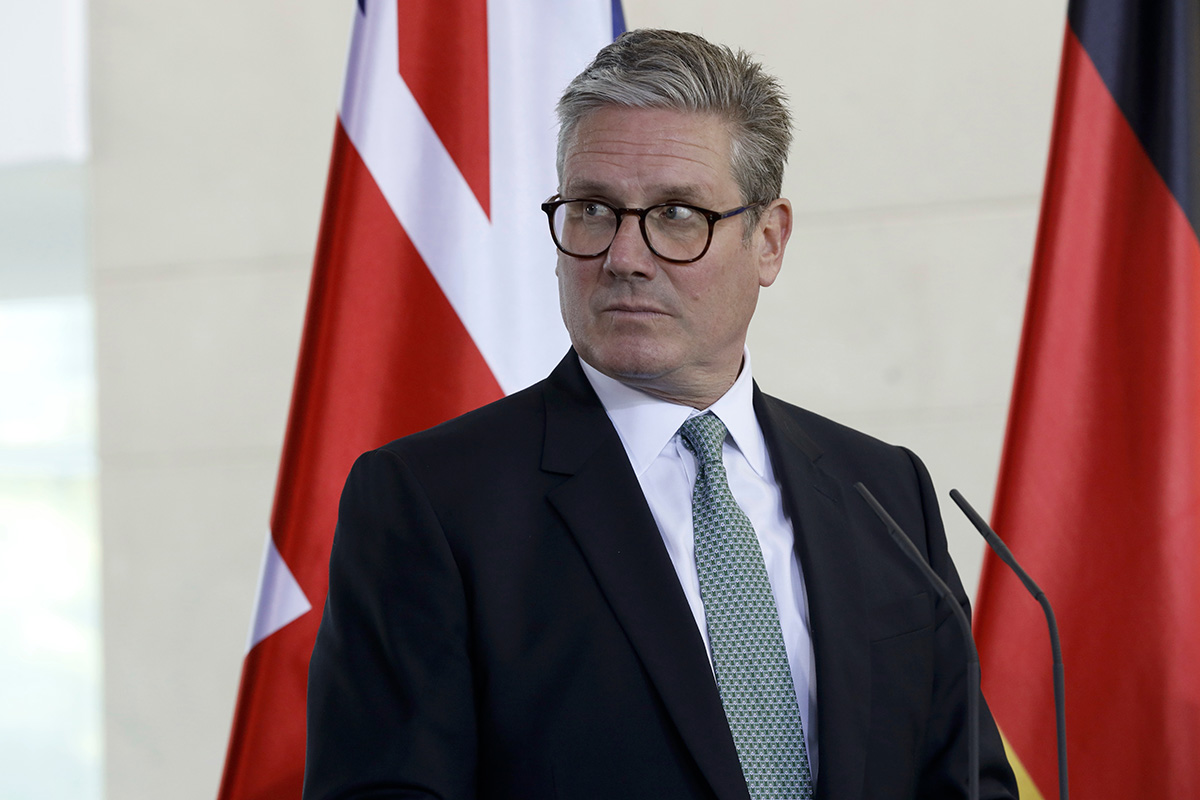“Do Nigerian youth really want to run?”
February 28 Nigeria is lowering the age limit for elected positions, but Alabidun Sarat, 22, a Commonwealth Correspondent from Lagos in Nigeria, wonders if younger candidates are ready to run for office – and if so, what changes they will bring.
Nigeria is lowering the age limit for elected positions, but Alabidun Sarat, 22, a Commonwealth Correspondent from Lagos in Nigeria, wonders if younger candidates are ready to run for office – and if so, what changes they will bring.
As of this February, 24 out of the 36 states in Nigeria have now signed the #nottooyoungtorun bill into law. The Not Too Young to Run bill seeks to reduce the age at which one is qualified to run for political offices in Nigeria and globally.
With the passing of this bill, the qualification age for contesting for presidency would be reduced from 40 to 35; for governorship from 35 to 30; and for the house of assembly and house of representatives from 30 to 25 years.
With these signings, not a few believe we are taking a step in the right direction. More countries are embracing youth leadership and Nigeria should not be left out. There is already evidence that some of the development Nigeria has also seen can be attributed to our youngest leaders.
A former governor of Cross River state, Donald Duke, was one of the youngest governors to be elected in Nigeria at age 37. During his tenure the state witnessed several developments and became a fast-growing tourist centre. The TINAPA resort, a world class resort for tourists, and the Obudu mountain race were all introduced at the time and the state flourished. Duke was the model for Nigerian young leaders. However, Nigeria has also had a fair share of not so good youth leaders. The youngest speaker of the Nigerian house of representatives was embroiled in a multi-billion naira scandal during his tenure.
The proponents of the #nottooyoungtorun bill believe that there should be increased youth participation in the political process. However, are Nigerian youth really ready to run? One could argue that the current state of Nigerian youth has probably not been worse. With an explosive increase in drug abuse including codeine, tramadol and worse still now – methylathed spirits, the Nigerian youth tows the path of destruction. Coupled with this is the fact that our youth are easy recruits for the deadly terrorist group that has made the country it’s home.
Another irony is the fact that the youth are heavily used by older politicians to help them carry out their campaigns, and in extreme cases there have been incidents of electoral violence. One starts to wonder if the youth really prioritise taking over leadership from their older counterparts.
As the Nigerian 2019 elections draw closer, a few young people have signified their intentions to run for political offices. Now the questions are, would they get adequate support from the youth they claim to represent? And if they win, does it translate to better governance? Only time would tell.
Photo credit: UN Women Gallery African Women Leaders Network – event at UNHQ via photopin (license)
…………………………………………………………………………………………………………………………………………………
About me: I am a graduate of Applied Chemistry from Usmanu Danfodiyo University Sokoto, Nigeria, with a flair for writing. I’m looking to change the world, one word at a time. I blog, too, and I love horses.
……………………………………………………………………………………………………………………………………………………
Opinions expressed in this article are those of the author and do not necessarily represent the views of the Commonwealth Youth Programme. Articles are published in a spirit of dialogue, respect and understanding. If you disagree, why not submit a response?
To learn more about becoming a Commonwealth Correspondent please visit: http://www.yourcommonwealth.org/submit-articles/
……………………………………………………………………………………………………………………………………………………




